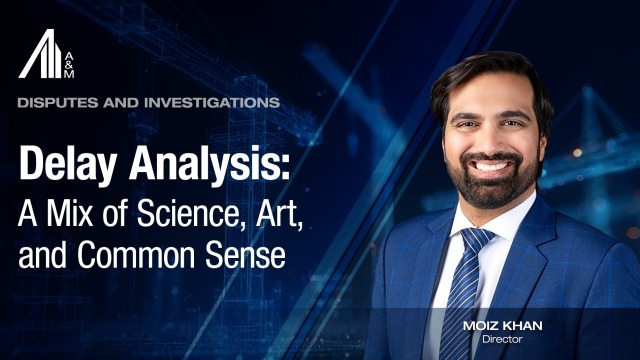Disclosure Pilot Scheme: Here to Stay
At Alvarez & Marsal we have been following the Disclosure Pilot Scheme (DPS) closely since its inception in 2018, whilst also helping our clients navigate their disclosure obligations in a world that is constantly evolving.
Back in May 2021 we published an initial report on the DPS. The pilot which was, at the time of writing, being trialled in the England and Wales business and property courts. For this specific paper, we surveyed 250 senior lawyers to gauge their sentiment on the progress of the pilot and evaluated whether the scheme needed to evolve further before it became ‘business as usual’ for law firms.
We were struck by the very nuanced responses we received. From a positive point of view, the pilot scheme was seen to be creating more options for lawyers and other court users in the disclosure processes, and it was encouraging to see that technology and expert advice was seen as part and parcel of completing disclosure requests quickly and efficiently.
That being said, we did note some very significant flaws in the pilot scheme at that time. On writing our first paper it seemed that there would be a long way to go for the scheme to win the full support of the legal profession. In fact, some even said that it wasn’t fit for purpose in its current guise.
Today, and in this paper, we revisit the pilot scheme which was subsequently approved on 15th July 2022. The scheme, which will now be known as Practice Direction 57AD, will come into force this year on 1st October 2022.
During the past few years of the pilot, we have certainly seen changes made to the DPS through its lifespan, many of which have attempted to refine the disclosure process for certain cases.
This paper will provide an overview of the DPS as it stands and consider how it has changed and evolved over the last few years. We will then look to demonstrate the importance of the role of legal technology in the evolution of the disclosure process and cover off how legal professionals can leverage technology to better aid their processes. We hope you find it useful reading.



